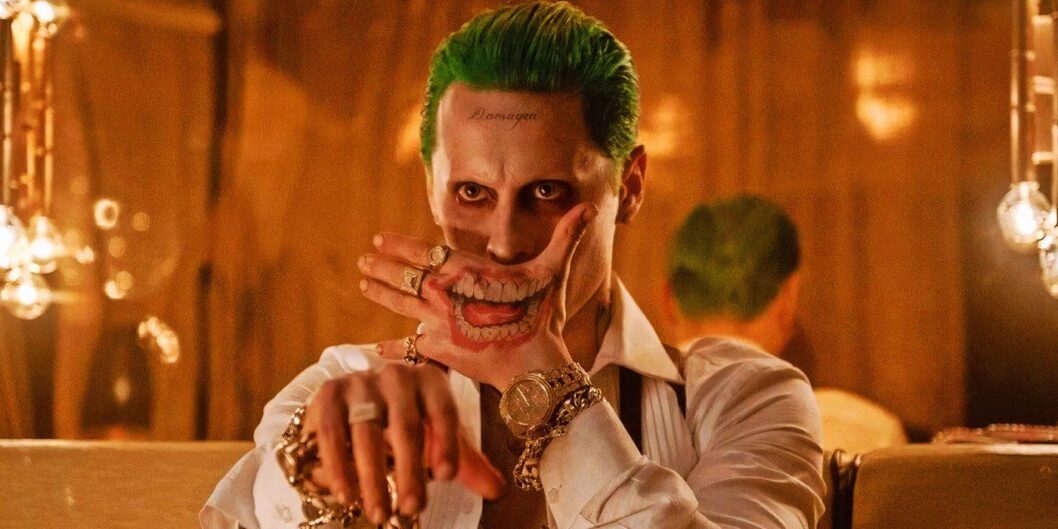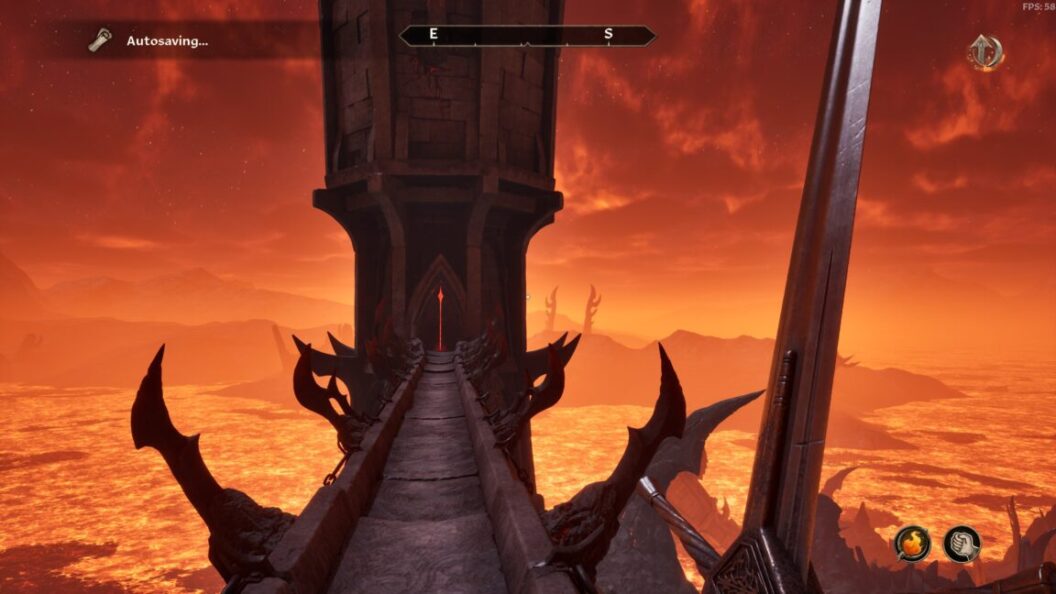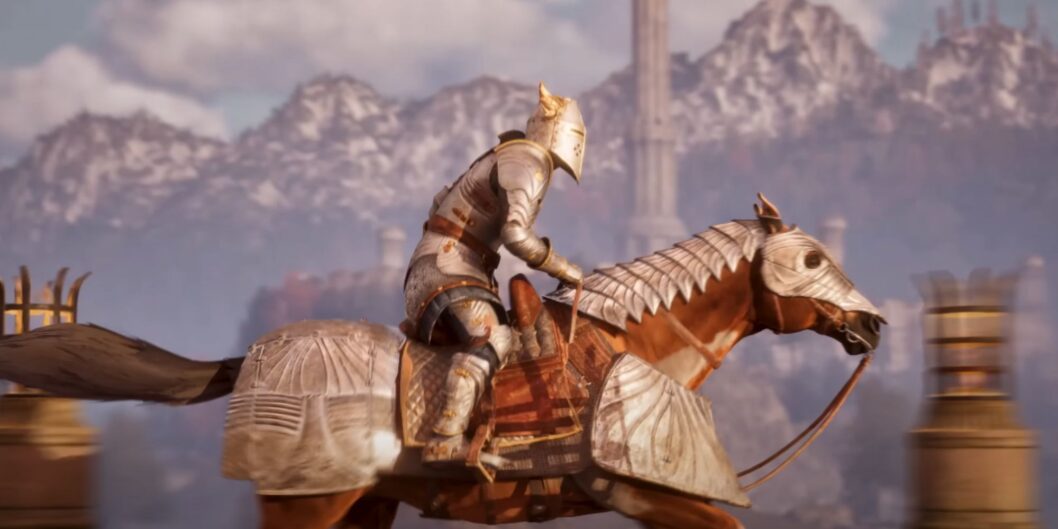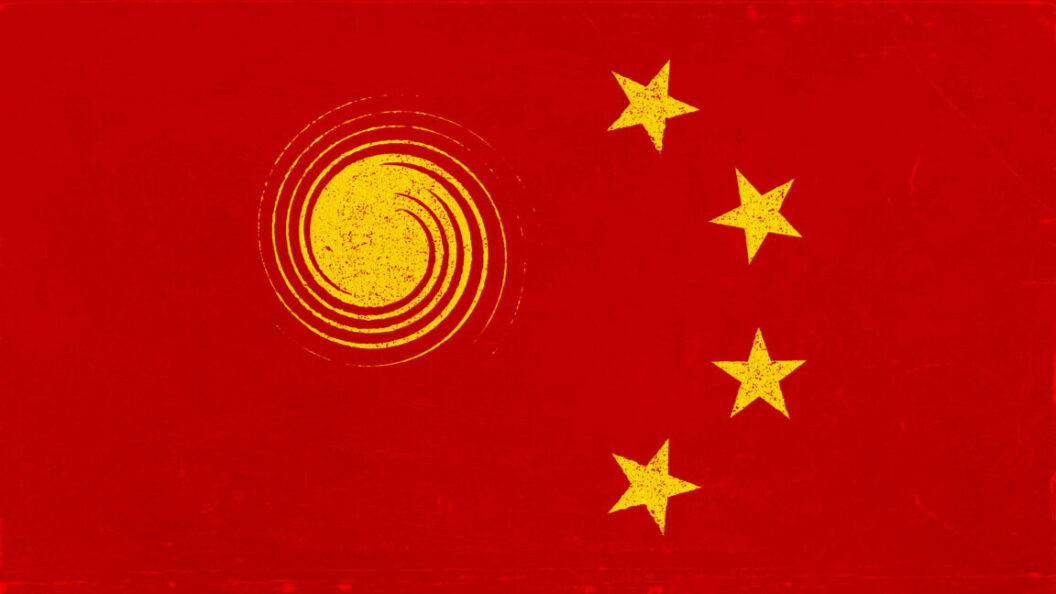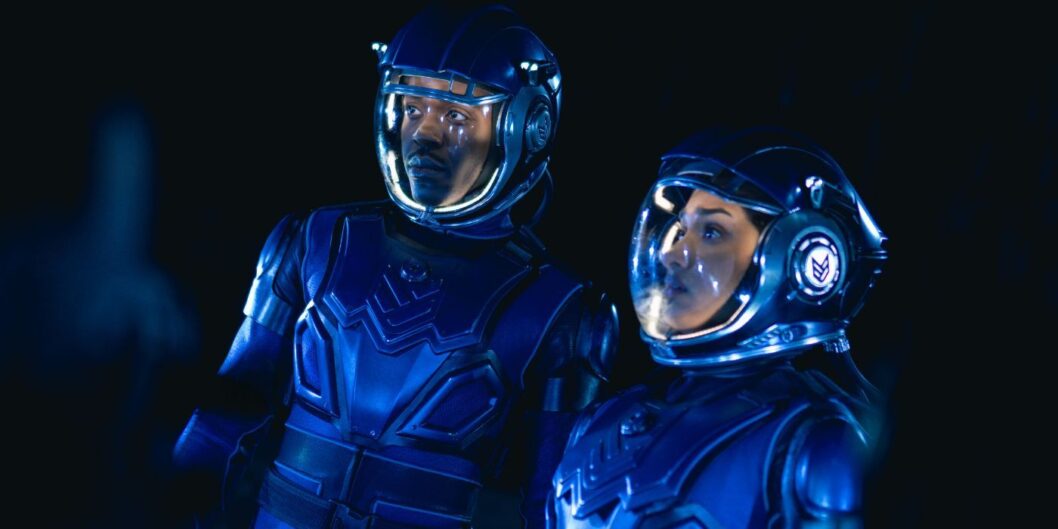The DCEU’s Final Act: A Look Back at Aquaman and the Lost Kingdom and Black Adam
The DC Extended Universe (DCEU) has been a significant player in superhero cinema, marked by fluctuating success and audience reception. As the franchise wraps up with Aquaman and the Lost Kingdom, a critical lens focuses on its legacy, particularly on pivotal films like Black Adam. Despite showcasing notable moments in storytelling, the DCEU’s inconsistent quality diminished audience trust over the years.
The DCEU’s Mixed Legacy
Launched with great anticipation, the DCEU experienced highs and lows throughout its existence. While films like Wonder Woman and Shazam! received positive acclaim, others failed to resonate with audiences. The franchise’s latter years saw diminishing returns, culminating in movies that struggled to attract viewers. A recent retrospective highlights films like Birds of Prey and The Flash, which, despite being well-crafted, went largely unseen. As interest waned, the franchise ultimately yielded to a pressing need for revitalization.
The Brutality of Black Adam
Black Adam, released on October 21, 2022, introduced the demon villain Sabbac, a character derived from a combination of malevolent powers. In one of the film’s climax moments, Black Adam, portrayed by Dwayne Johnson, faces Sabbac in a brutal showdown, literally ripping the demon in half. This scene exemplifies a shift in the DCEU’s tone, opting for heightened violence reminiscent of earlier entries like Batman v Superman: Dawn of Justice. However, the sheer intensity of Sabbac’s demise sparked discourse regarding the appropriateness of such graphic content in superhero films.
Critical Reception and Box Office Performance
Despite Dwayne Johnson’s star power, Black Adam garnered a mixed critical response, holding a mere 39% approval rating on Rotten Tomatoes. While audiences rated the film more favorably at 87%, its box office performance was underwhelming, grossing $393 million, insufficient to recoup its substantial budget. This discrepancy between audience appreciation and critical reception may have contributed to the film’s lackluster performance at the box office and its subsequent relegation in discussions about the DCEU’s legacy.
An Unfortunate Conclusion to a Promising Era
The disappointing earnings of Black Adam ultimately signaled the end of the DCEU as it stood. The much-anticipated showdown between Black Adam and Superman—which fans hoped would materialize—never reached the big screen. Moving forward, the upcoming reboot of the franchise under the banner of the new DC Universe (DCU), starting with a new Superman film, has fans cautiously optimistic about a revival of the brand’s significance.
While Black Adam may not be remembered as a flagship title in the DCEU, revisiting its intense moments, especially the graphic death of Sabbac, underscores the franchise’s complex narrative evolution. Intriguingly, this final chapter also highlights the stark contrast between the blockbuster ambitions of superhero films and the harsh reality of their market reception.
Conclusion: Reflecting on Impact and Future Prospects
As the DCEU draws to a close, it leaves behind a contrasting legacy of ambitious storytelling coupled with egregious missteps. Films such as Black Adam serve as a reminder of both the creativity present within the franchise and the pitfalls that emerged from inconsistent execution. The upcoming reboot offers a chance to reset expectations and potentially reestablish the DC brand as a vital player in the cinematic landscape. However, whether this new direction will capture the hearts of moviegoers remains to be seen.



